-
Genealogy & Names
-
Tourist Information
-
Culture & Reference
|
OCTOBER 2024 
Glendalough Image from Free Photos Of Ireland |


FREE WORLDWIDE DELIVERY FOR A LIMITED TIME find out more |

| Popular Articles from Recent Newsletters: |

|
Hello again from Ireland where Samhain is nearly upon us. Did you know that Halloween (Samhain) originated in Ireland? We will have a further mailing shortly to explain! In this month's issue we remember Granuaile (Grace O'Malley), the pirate Queen of Ireland. From the world of Irish mythology we recall the little known Mess Búachalla and how she thwarted attempts to be married off! 'The Legend of Knockfierna' is another story of old Ireland to enjoy by Thomas Crofton Croker, while we continue our new series of hikes and walks in Ireland by exploring Glendalough in County Wicklow. Surely one of the most scenic parts of the entire island. Get to it!
You can help to keep this newsletter alive by gifting some
Family Crest Gifts
Jewellery or Crystal
to your family or friends at our online shop at
IrishNation.com.
If you have an article or story you would like to share then please do send it to us. Until next time, Michael 
P.S. Please Do Forward this Newsletter to a friend or relative. If you have a website or Facebook page or Blog (or whatever!) then you can help us out by putting a link on it to our website: www.ireland-information.com
|


|
||||

|
Mess Búachalla - pronounced: 'mas boo-cullah' There was once a very worthy King, whose daughter was the greatest beauty that could be seen far or near, but she was as proud as the Devil, and no King or prince would she agree to marry. 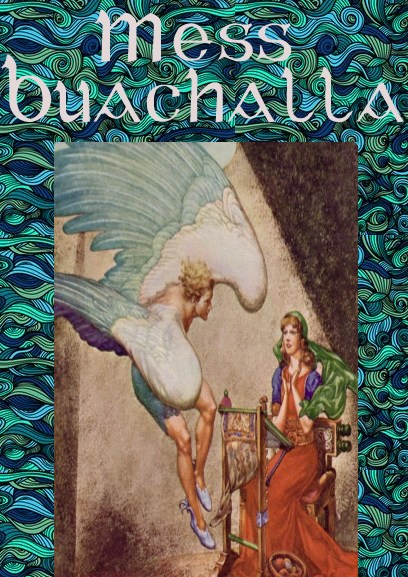
One was too large, and says she: 'I won't have you, Beer-barrel!' One was tall and thin, and to him she said, 'I won't have you, Ramrod!' To a white-faced man she said, 'I won't have you, Pale Death!' and to a red-cheeked man she said, 'I won't have you, Cockscomb!' She stopped a little before the last of all, for he was a fine man in face and form. She wanted to find some problem in him, but he had nothing remarkable but a ring of brown curling hair under his chin. She admired him a little, and then carried it off with, 'I won't have you, Whiskers!' So all went away, and the King was so annoyed, he said to her, 'Now to punish your stubbornness, I'll give you to the first beggar-man or singing waster that calls' and, as sure as you know, a fellow all over wearing rags, with hair that came to his shoulders, and a bushy red beard all over his face, came next morning, and began to sing before the parlor window. When the song was over, the hall-door was opened, the singer asked in, the priest brought, and the Princess married to Beardy. She roared and she shouted, but her father didn't mind her. 'There,' says he to the bridegroom, 'are five coins for you. Take your wife out of my sight, and never let me lay eyes on you or her again.' Off he led her, and dismal enough she was. The only thing that gave her relief was the tones of her husband's voice and his genteel manners. 'Whose wood is this?' said she, as they were going through one. 'It belongs to the King you called Whiskers yesterday.' He gave her the same answer about meadows and cornfields, and at last a fine city. 'Ah, what a fool I was!' said she to herself. 'He was a fine man, and I might have had him for a husband.' At last they were coming up to a poor cabin. 'Why are you bringing me here?' says the poor lady. 'This was my house,' said he, 'and now it's yours.' She began to cry, but she was tired and hungry, and she went in with him. Goodness! There was neither a table laid out, nor a fire burning, and she was obliged to help her husband to light it, and boil their dinner, and clean up the place after; and next day he made her put on a rough gown and a cotton handkerchief. When she had her house readied up, and no business to keep her busy, he brought home willow branches, peeled them, and showed her how to make baskets. But the hard twigs bruised her delicate fingers, and she began to cry. Well, then he asked her to mend their clothes, but the needle drew blood from her fingers, and she cried again. He couldn't bear to see her tears, so he bought a basket of pottery, and sent her to the market to sell them. This was the hardest job of all, but she looked so lovely and sorrowful, and had such a nice air about her, that all her pans, and jugs, and plates, and dishes were gone before noon, and the only mark of her old pride she showed was a slap she gave a fellow across the face when he asked her to go in an' take share of a quart. Well, her husband was so glad, he sent her with another basket the next day; but, oh dear! her luck was after deserting her. A drunken huntsman came up riding, and his beast got in among her ware, and made mess of every one of them. She went home crying, and her husband wasn't at all pleased. 'I see,' said he, 'you're not fit for business. Come along, I'll get you a kitchen-maid's place in the palace. I know the cook.' So the poor thing was obliged to stifle her pride once more. She was kept very busy, and the footman and the butler would be very cheeky about looking for a kiss, but she let a screech out of her the first attempt was made, and the cook gave the fellow such a thrashing with the broom that he made no second offer. She went home to her husband every night, and she carried broken food wrapped in papers in her side pockets. A week after she got service there was great bustle in the kitchen. The King was going to be married, but no one knew who the bride was to be. Well, in the evening the cook filled the Princess's pockets with cold meat and puddings, and, says she, 'Before you go, let us have a look at the great doings in the big parlor.' So they came near the door to get a peep, and who should come out but the King himself, as handsome as you please, and no other but King Whiskers himself. 'Your handsome helper must pay for her peeping,' said he to the cook, 'and dance a jig with me.' Whether she would or no, he held her hand and brought her into the parlor. The fiddlers struck up, and away went him with her. But they hadn't danced two steps when the meat and the puddings flew out of her pockets. Every one roared out, and she flew to the door, crying piteously. But she was soon caught by the King, and taken into the back parlor. 'Don't you know me, my darling?' said he. 'I'm both King Whiskers, your husband the ballad-singer, and the drunken huntsman. Your father knew me well enough when he gave you to me, and all was to drive your pride out of you.' Well, she didn't know how she was, with fright, and shame, and joy. Love was uppermost, anyhow, for she laid her head on her husband's breast and cried like a child. The maids-of-honor soon had her away and dressed her as fine as hands and pins could do it; and there were her mother and father, too. While the company were wondering what would be the end of the handsome girl and the King, he and his Queen, who they didn't know in her fine clothes, came in, and such rejoicings and fine doings as there was, none of us will ever see, anyway.  Read more amazing Stories of Irish Legends and Mythology. |


find out more |


|
Glendalough is one of the most scenic places in Ireland. The amazing valley that was carved out of the landscape by a huge glacier is the dream of every Irish Geography teacher! Entering the valley from the Visitor's Centre the views can be spectacular, but can look even better from above!  It is thus that the ridge above the valley known as 'The Spinc' comes into focus. The Spinc (from Gaelic words meaning 'pointed hill'), rises gently from the ruins of the Miner's village at the far end of the valley. A series of wooden boardwalks lead to the steep cliffs overlooking the valley with amazing views at the top.
It is thus that the ridge above the valley known as 'The Spinc' comes into focus. The Spinc (from Gaelic words meaning 'pointed hill'), rises gently from the ruins of the Miner's village at the far end of the valley. A series of wooden boardwalks lead to the steep cliffs overlooking the valley with amazing views at the top.
This is a pretty strenuous walk, taking in approximately 10Km and taking 2.5 to 3 hours (depending on fitness and the pace). It is very do-able once the usual basic preparations are followed (proper hiking books - not runners!, plenty of water, lightweight rain-gear, charged phone, and telling someone in advance where you are going ). There are two car-parks at Glendalough. The first is at the Visitor Centre where you can amble down to visit St. Kevin's Tower, a sixth century Monastic settlement. Many people complete this walk around the Lower Lake, visit the Tower and then head back the way they came to the Cafe. But the main Spinc hike involves going much further up to the top of the Upper Lake, and then back around the far size, in a loop back to the car-parks. There is a second car-park located at the start of the Upper Lake (ie in between the two lakes), where the actual Spinc hike properly starts from. 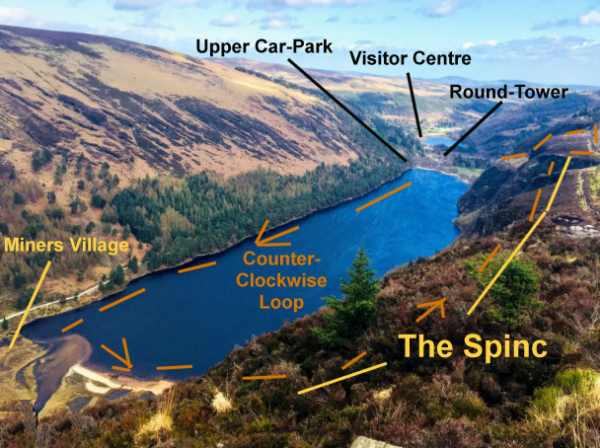 So, the question at this stage is whether to begin the loop clockwise or counter-clockwise. The main rocky terrain (ie clambering through boulders and gravel scree) is at the very top of the loop near the Miners Village . If you don't really like walking down on boulders then it would be best to approach them first, climb them, and then proceed along the rest of the loop to bring you home. This is the counter-clockwise route.
So, the question at this stage is whether to begin the loop clockwise or counter-clockwise. The main rocky terrain (ie clambering through boulders and gravel scree) is at the very top of the loop near the Miners Village . If you don't really like walking down on boulders then it would be best to approach them first, climb them, and then proceed along the rest of the loop to bring you home. This is the counter-clockwise route.
Starting at the upper car park you proceed around the lake on the right side as you approach it. This first part is a pleasant flat walk along the lakeside through trees along a very good track. Reaching the boulders mentioned above you ascend carefully before reaching the small bridge that will lead you across the water to begin the ascent up the boardwalks.  Rising to the top of the cliffs there are a number of winding sections which each provide their own viewing points of the spectacular views of the hills surrounding Dublin and Wicklow. The car-park and Visitor Centre will then come into view below and the descent is made by travelling along the trail towards the back of the Spinc ridge, down the winding forest trail, admiring the Poulanass Waterfall on your right as the trail leads you down and back to the car-park.
Rising to the top of the cliffs there are a number of winding sections which each provide their own viewing points of the spectacular views of the hills surrounding Dublin and Wicklow. The car-park and Visitor Centre will then come into view below and the descent is made by travelling along the trail towards the back of the Spinc ridge, down the winding forest trail, admiring the Poulanass Waterfall on your right as the trail leads you down and back to the car-park.
Many people set off from the car-park and proceed clockwise up past the waterfall (now on your left), up the hill and along the cliff-ridge for a hundred metres before turning around and going back the same way they arrived. A shorter hike for sure, but well worth the effort if stuck for time or with non-committed hikers in tow (ie, most kids). 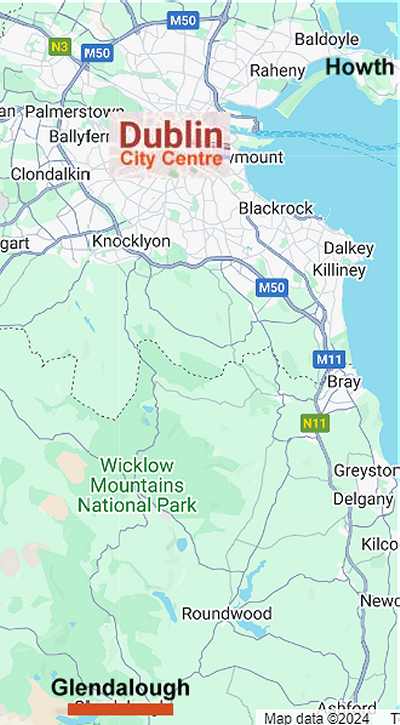 Getting to Glendalough from Dublin can be tricky. Arriving by car is the obvious way to do it and if driving then park at the upper car park, as described (there is a small fee to park and the usual food and coffee vans in operation). There are also several tour companies that operate services to Glendalough and there is a public transport bus (the 185) , that leaves from St. Stephen's Green in the heart of Dublin city and arrives at the Visitor Centre about 70 minutes later (depending on the time of the day you set off!). Make sure you learn how to use the 'LEAP' card (external video) when using Dublin public transport and you are all set up.
Getting to Glendalough from Dublin can be tricky. Arriving by car is the obvious way to do it and if driving then park at the upper car park, as described (there is a small fee to park and the usual food and coffee vans in operation). There are also several tour companies that operate services to Glendalough and there is a public transport bus (the 185) , that leaves from St. Stephen's Green in the heart of Dublin city and arrives at the Visitor Centre about 70 minutes later (depending on the time of the day you set off!). Make sure you learn how to use the 'LEAP' card (external video) when using Dublin public transport and you are all set up.
Glendalough is always popular with families who enjoy the picnic areas, the small beach area at the start of the Upper Lake, and of course a visit to the Tower. It makes a great day out but, as always, check the weather first. Try to arrive when it is sunny and dry (in Ireland that can be a challenge), but even if it is dull and overcast, this is still a fantastic way to get out into the Irish countryside. |


find out more |


View the Archive of Irish Phrases here: http://www.ireland-information.com/irishphrases.htm |

|
The winner was: sorcha.obrien@live.ie who will receive the following: A Single Family Crest Parchment (usually US$29.99) Send us an email to claim your Parchment, and well done! Remember that all subscribers to this newsletter are automatically entered into the competition every time. I hope that you have enjoyed this issue! 
by Michael Green, Editor, The Information about Ireland Site. https://www.ireland-information.com Contact us (C) Copyright - The Information about Ireland Site, 2024. 17 Páirc Ghrainbhil, Carraig Dubh, Contae Baile Átha Cliath, Ireland Tel: 353 1 2893860 |

|
MARVELOUS GIFTS FOR ANY OCCASION FREE DELIVERY TO YOUR DOOR 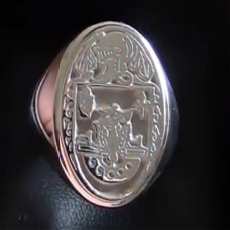
BIG REDUCTIONS! Stunning Family Crest Signet and Seal Rings 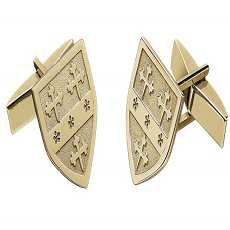
DISCOUNTED FOR A LIMITED TIME Elegant Cufflinks 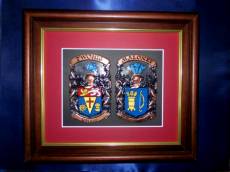
Incredible Family Crest Plaques Made in Ireland 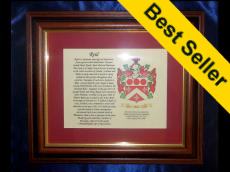
Superior Framed Family Crest Parchments 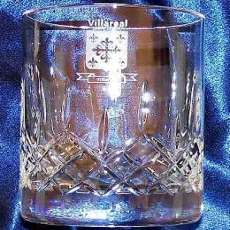
Gorgeous Glistening Galway Crystal 'Your-Name' Old Irish Sign NEW DESIGNS! 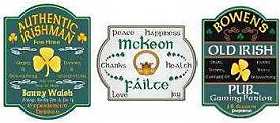
From US$34.99 - Free Delivery 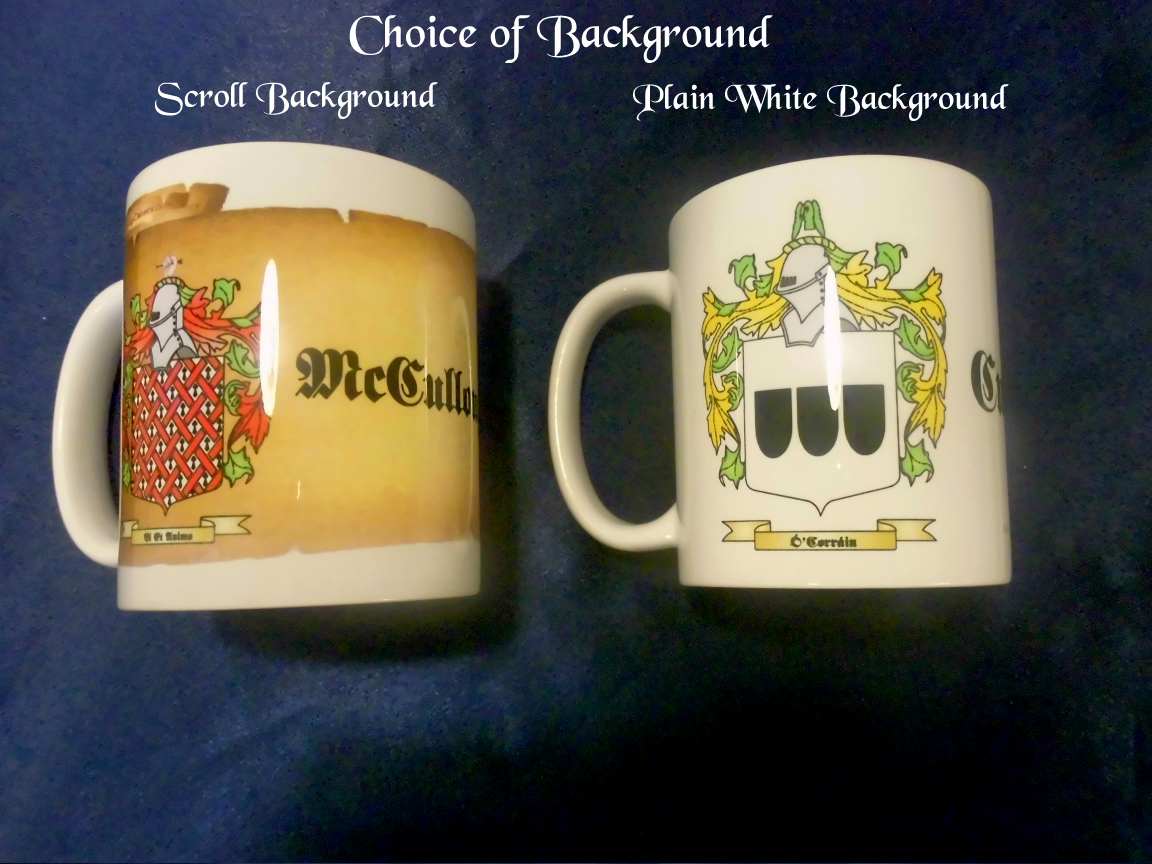
New Designs available on our Coffee Mugs 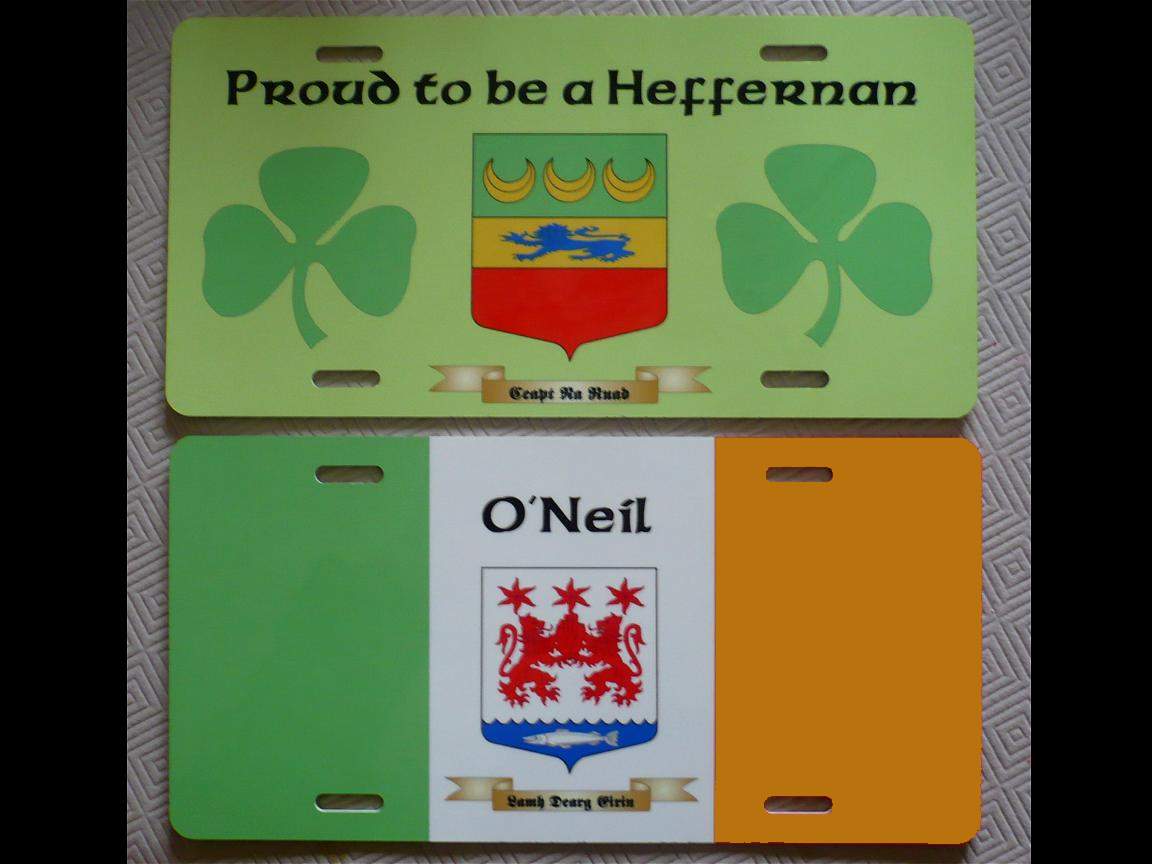
Personalized Licence Plate 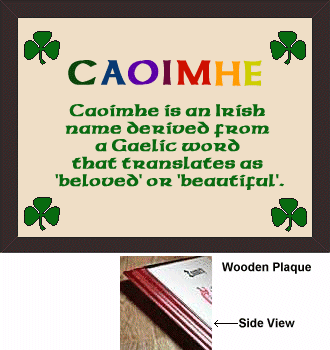
Personalized First Name Plaque. Great for Kids! 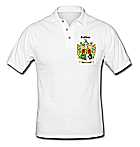
'Your-Name' Polo & Tee Shirts 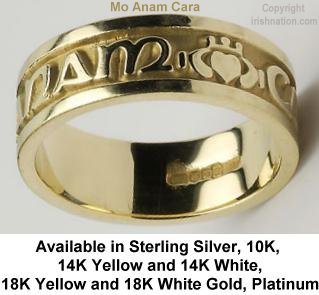
From US$69 Delivered BIG REDUCTIONS! Stunning Engraved Rings from Ireland with Irish Language Phrases. Mo Anam Cara: My Soul Mate Gra Dilseacht Cairdeas: Love, Loyalty, Friendship Gra Go Deo: Love Forever Gra Geal Mo Chroi: Bright Love of my Heart SEE MORE GREAT OFFERS AND DISCOUNTS AT: IRISHNATION.COM FREE DELIVERY FOR A LIMITED TIME! |
